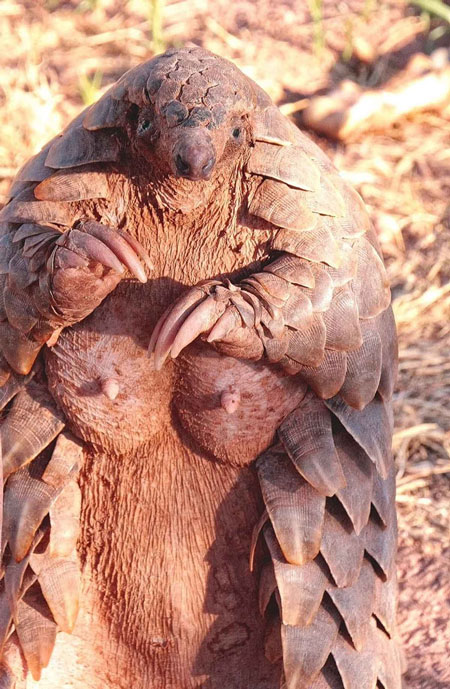
This is Roxy, the most amazing mama pangolin in the whole world. She was wild-caught and taken around a local town in a box, to be sold on the black market. A shop owner felt sorry for her and bought her. He then called a local wildlife organisation which in turn called the Pangolins International (PI).
This rescued Cape pangolin took a liking for Maria Diekmann (founder and director of PI). The unexpected bond was such that Maria was allowed to join this most whacky and enigmatic creature in her wanders and nocturnal foraging.
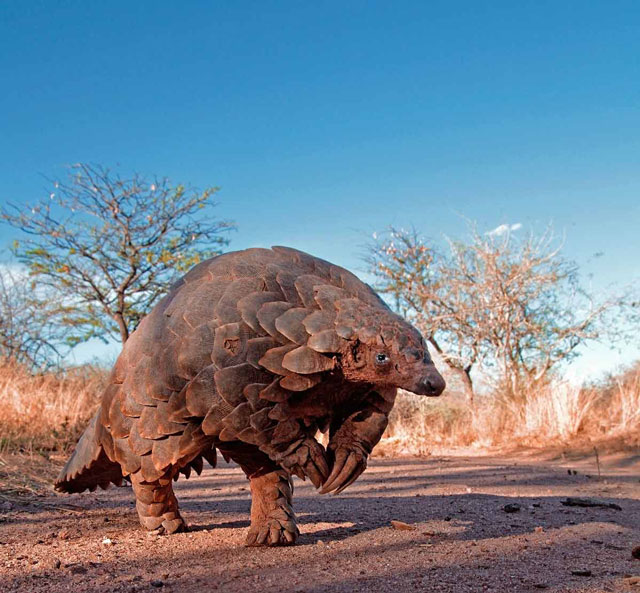
However, as the PI team prepared Roxy for her release, Maria went in for a final check, and Roxy crawled slowly towards her and sat in her lap.
Maria saw what appeared to be a snake coiled up around her stomach; however, she quickly realised that Roxy had given birth, and its umbilical cord was still attached to the baby.
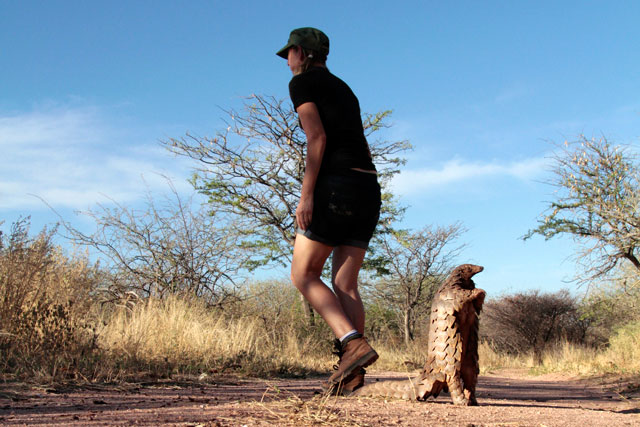
Maria slowly got her back into the corner she had been using as a den and watched how she broke the cord and curled around the baby. She had just witnessed the first captive birth of a Cape pangolin in history.
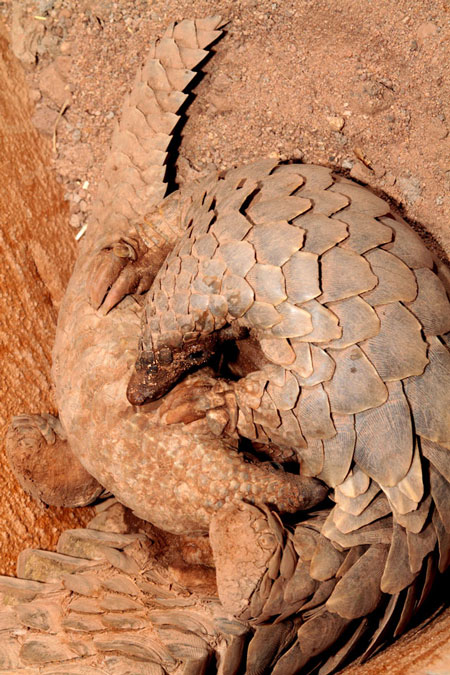
For the following two months, Roxy raised her baby pangolin in the most surprisingly calm and relaxed manner, allowing Maria and other volunteers or visitors to take the odd peak and photo of her little miracle.
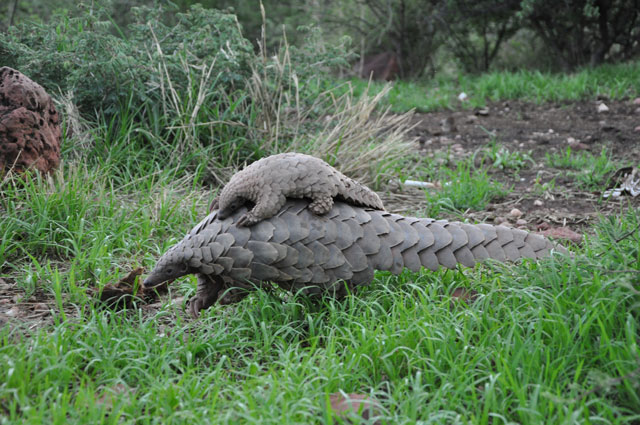
Then, unexpectedly, one night, Roxy vanished, her spoor untraceable, leaving behind her nameless baby to be reared by the PI team.
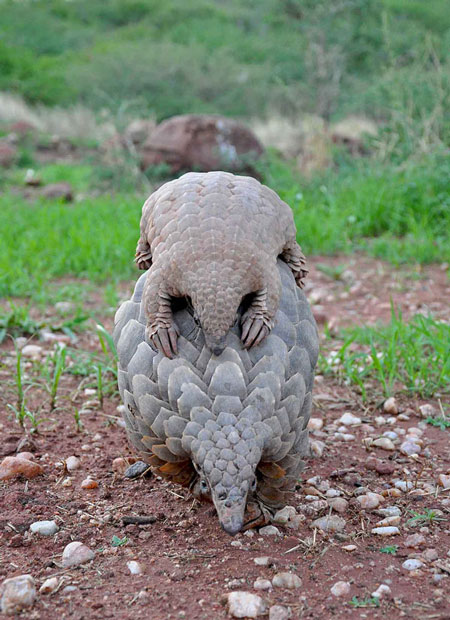
The team believes that she may have come into heat, and the call of the wild may have overcome her maternal instincts.
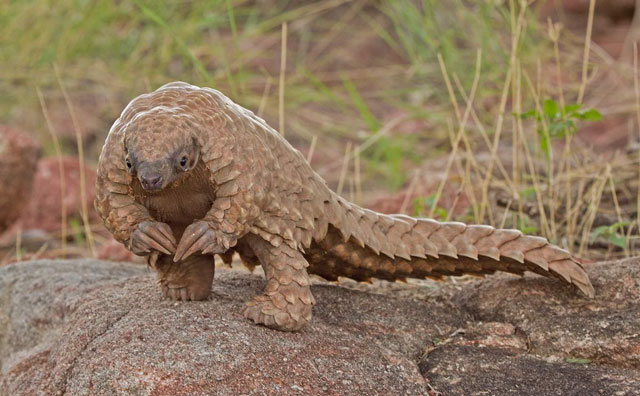
It is thought that wild pangolins usually leave their young at about this time, so they believe what she did was natural.
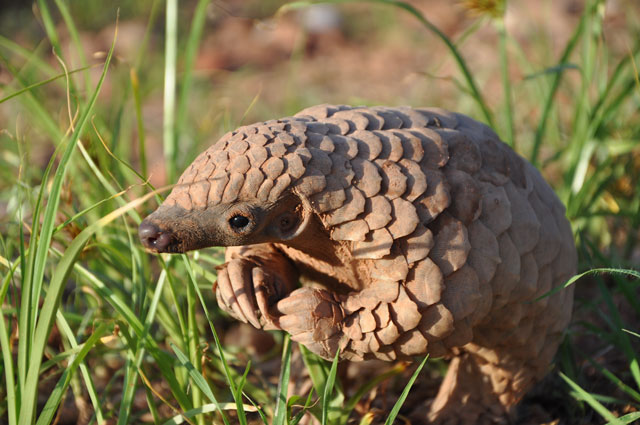
PI will keep caring for their new baby, but they desperately need to find funding. This year they have already been contacted several times to collect and release five Cape pangolins back into the wild.
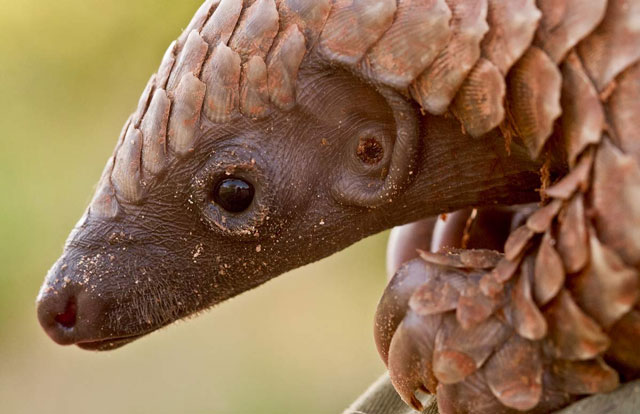
Never under any circumstance are Cape pangolins purchased from their captors to avoid stimulating trade; instead, long and expensive cell phone negotiations ensue until a handover is agreed.
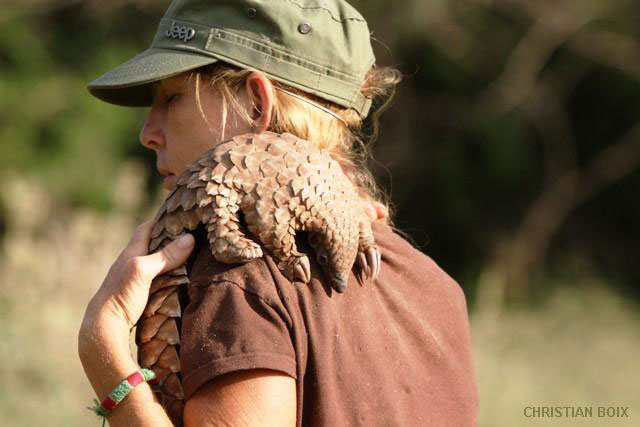
Every rescued Cape pangolin sets PI back a handsome N$10,000 on its tight budget. But the reality is if they don’t do it, who will? Find out more here about sponsoring a pangolin.
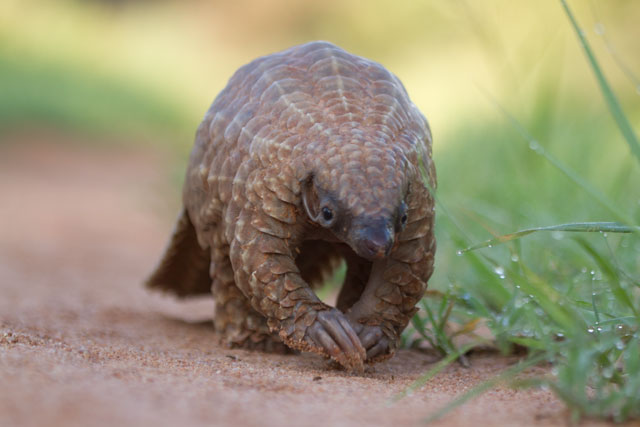
READ MORE about pangolins
To comment on this story: Login (or sign up) to our app here - it's a troll-free safe place 🙂.![]()






